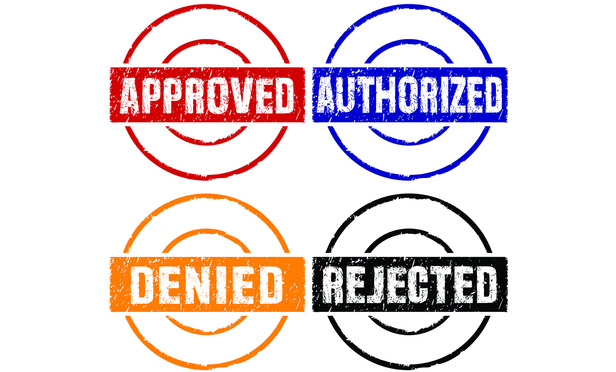Mark S Mulholland

August 01, 2018 | New York Law Journal
Victim Defamation Claims in the Era of #MeTooThe actual malice standard poses an evidentiary hurdle that alleged victims may be unable to clear.
By Mark S. Mulholland and Elizabeth S. Sy
2 minute read

February 23, 2015 | New York Law Journal
Evidence Rulings Address Authentication, Present Sense ImpressionsMark S. Mulholland of Ruskin Moscou Faltischek writes: Recent decisions from around New York state arising from an assortment of admission errors demonstrate the resilience and enduring importance of fundamental evidentiary rules.
By Mark S. Mulholland
12 minute read

February 20, 2015 | New York Law Journal
Evidence Rulings Address Authentication, Present Sense ImpressionsMark S. Mulholland of Ruskin Moscou Faltischek writes: Recent decisions from around New York state arising from an assortment of admission errors demonstrate the resilience and enduring importance of fundamental evidentiary rules.
By Mark S. Mulholland
12 minute read
December 05, 2001 | Law.com
Intellectual Property Liability Against States Gains Bipartisan SupportOn Nov. 1, bills were introduced in the Senate and House to restore federal remedies for infringement of intellectual property by states. Both versions address imbalances created by a triad of 1999 U.S. Supreme Court decisions that altered the IP landscape. The Florida Prepaiddecisions held that states cannot be held liable for patent, copyright or trademark infringement.
By Mark S. Mulholland
11 minute read
January 03, 2005 | New York Law Journal
Specificity Is Critical in Motion to Dismiss Multicount ComplaintMark S. Mulholland, a partner at Ruskin Moscou Faltischek in Uniondale, and Joshua L. Kirsch, an associate in the litigation department, write that repeated success in the arena of motion practice mandates uncompromising diligence in execution.
By Mark S. Mulholland And Joshua L. Kirsch
6 minute read
June 06, 2005 | New York Law Journal
High Court Resolves Commerce Clause, 21st Amendment ClashMark S. Mulholland, a partner at Ruskin Moscou Faltischek, and Joshua L. Kirsch, an associate at the firm, analyze the U.S. Supreme Court's recent ruling on interstate sales of wine.
By Mark S. Mulholland and Joshua L. Kirsch
10 minute read
July 17, 1999 | Law.com
Trademarks as Collateral: Lenders BewareTrademarks can be useful as debt security for lenders and borrowers alike. Too often, however, the parties fail to take basic trademark principles into account when setting up trademark security interests. The results can be disastrous -- leading even to destruction of the very trademark in which the security interest is sought. This paper explains the relevant trademark law and potential pitfalls to avoid.
By Mark S. Mulholland and Terence A. Russo
19 minute read
November 23, 2009 | New York Law Journal
Class-of-One Claimants Continue to SueMark S. Mulholland, a partner at Ruskin Moscou Faltischek, writes: The millennium ushered in a new theory of equal protection liability in civil rights cases in the land use field. Since 2000, real estate developers and municipalities alike have become familiar with a new species of equal protection charge, known to §1983 practitioners as the "class of one" claim. On Oct. 6, 2009, in Casciani v. Nesbitt, District Judge David Larimer of the U.S. District Court for the Western District of New York issued the most recent decision in the field, in a case involving a homeowner's private helipad constructed in his backyard.
By Mark S. Mulholland
14 minute read
February 22, 2002 | New York Law Journal
Technology Law and PracticeL itigation surrounding technology issues occupies a significant segment of judicial dockets, both civil and criminal, throughout the Eastern District. Summarized here are recent developments involving anti-piracy litigation under the cable-services provisions of the Communications Act of 1984; federal computer-facilitated crime indictments and prosecutions; and the latest cybersquatting decision handed down by the Eastern District of New York, involving the retailer ABC Carpet.
By Mark S. Mulholland
11 minute read

January 25, 2005 | New York Law Journal
'Web-Wine' Case: Commerce Clause, 21st Amendment ClashMark S. Mulholland, a partner at Ruskin Moscou Faltischek, and Joshua L. Kirsch, an associate at the firm, write that two forces of inordinate power met on Dec. 7, 2004 in a heady fight before the U.S. Supreme Court � and a decision now looms with ramifications that predictably will resonate throughout the legal and commercial world.
By Mark S. Mulholland and Joshua L. Kirsch
10 minute read



